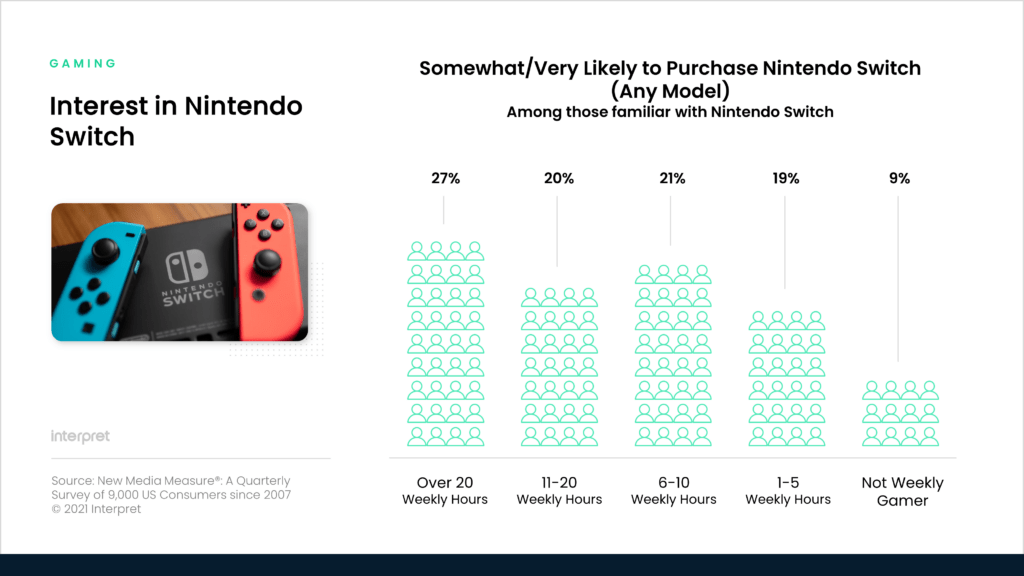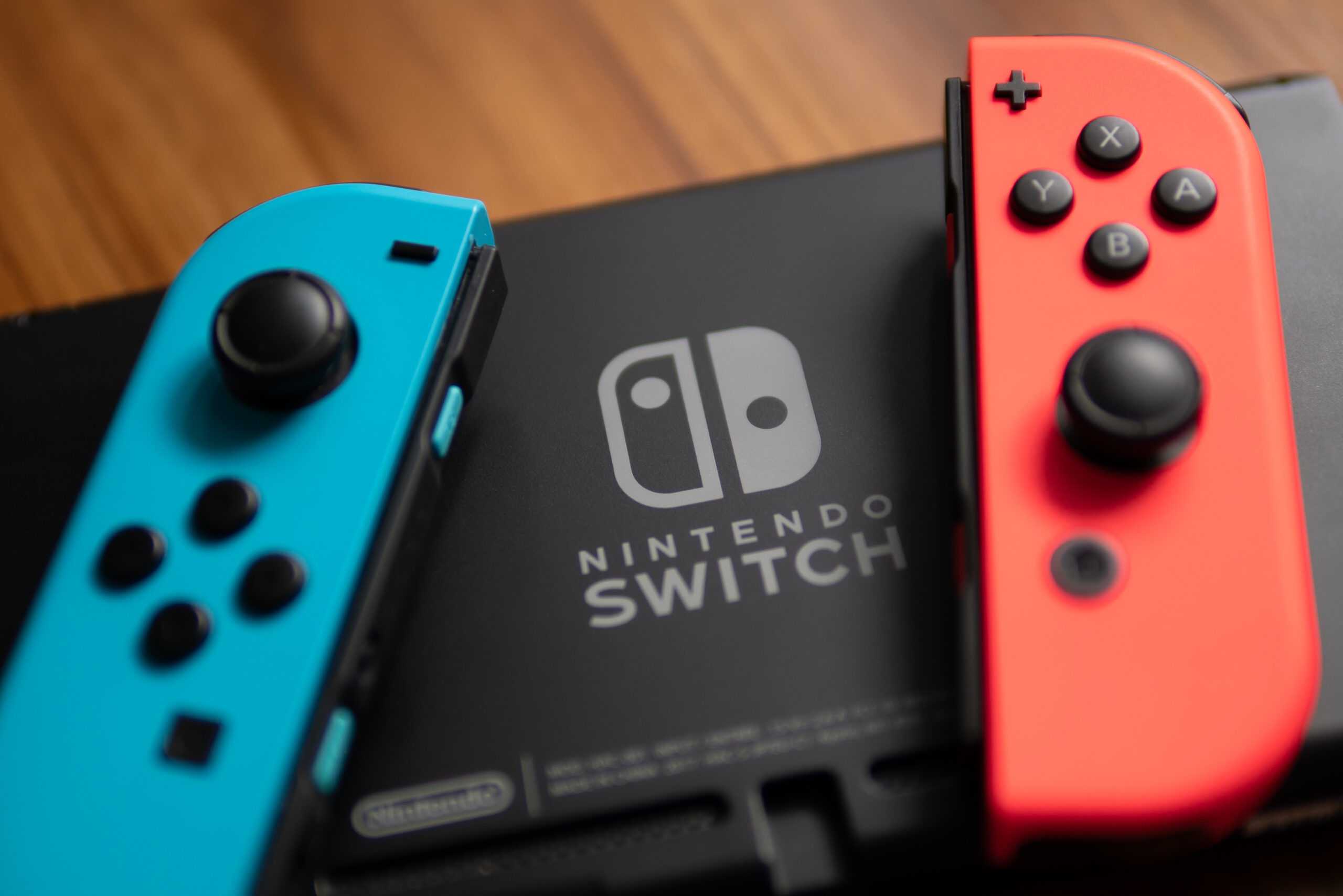Very few industries have managed to avoid the impact of the global supply chain bottleneck during COVID-19. Both Microsoft and Sony have been doing their best to keep up with the strong demand for their new consoles, the Xbox Series X/S and PlayStation 5, which are regularly out of stock online and at physical retailers. Valve’s upcoming Steam Deck was just pushed back into 2022, and Nintendo, too, is feeling the squeeze as the Nikkei Asia has reported that Switch production has dropped by 20% overall.
Nintendo had been aiming to manufacture 30 million Switch consoles for its current fiscal year ending in March, but that figure has now been reduced to 24 million. By comparison, last year, Nintendo managed to sell just shy of 29 million Switch systems. Nintendo President Shuntaro Furukawa noted that uncertainty around production continues thanks to shortages of semiconductors and other key components.
Despite being nearly five years old, the Nintendo Switch remains incredibly popular and in demand. Nintendo has sold more than 89 million units since the Switch’s 2017 debut, and the portable console is on a pace to surpass the 102 million Wii units sold. In fact, the Switch held onto a 33-month best-selling console sales streak in the US, according to NPD data, until September when the PS5 finally snapped Nintendo’s incredible run.
Nintendo launched a new OLED model of the Switch in October, along with a new 2D Metroid, Metroid Dread, and Pokémon Diamond Version and Brilliant Diamond just shipped. The company is promoting Black Friday bundles and $20 off select games, so the Switch momentum is likely to continue.
According to Interpret’s New Media Measure®, 18% of US consumers are somewhat or very likely to purchase a Nintendo Switch in the next three months. Diehard gamers who play 20 hours or more weekly are the most likely to pick up a new Switch, with 27% of this audience declaring purchase intent. This highly engaged group is probably looking to pick up the OLED version, which not only has a larger, prettier screen, but features a LAN port on its dock, making online gameplay in titles like Super Smash Bros. more stable.








